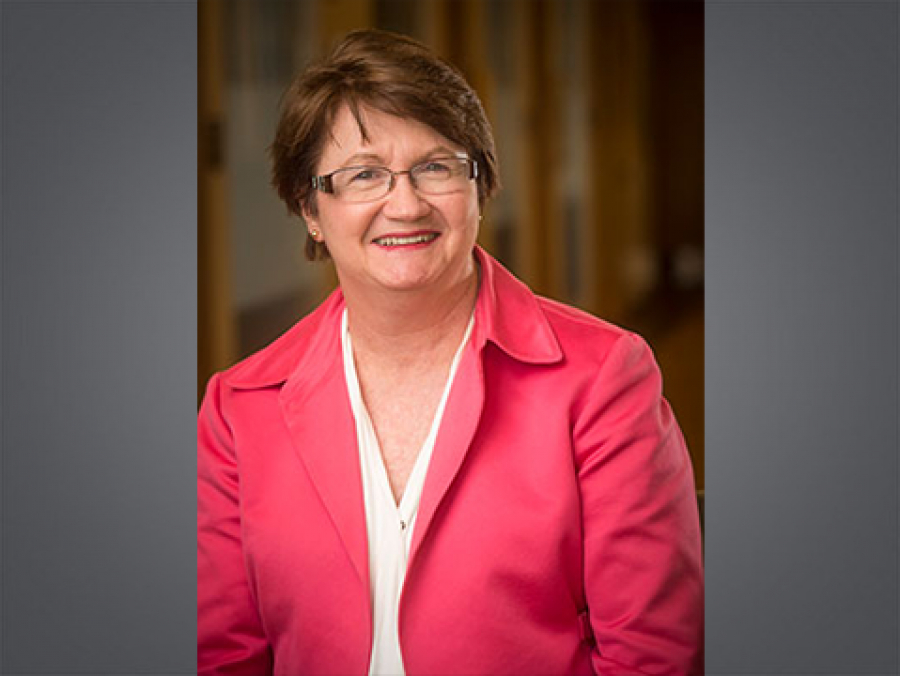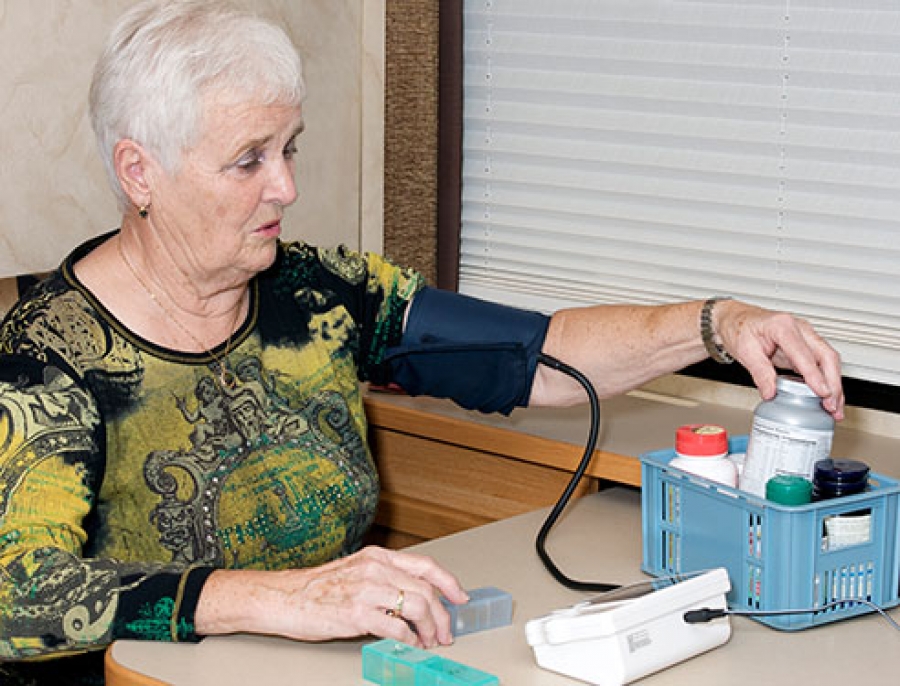Articles Tagged
Regards

Research & Innovation
•
Published more than a year ago
Results showed longer duration of hypertension is related to higher risk of stroke, higher average systolic blood pressure and a need for more classes of antihypertension medication.

People of UAB
•
Published more than a year ago
Virginia J. Howard, Ph.D., Distinguished Professor in the UAB School of Public Health, received the award for her contributions to stroke research.

Research & Innovation
•
Published more than a year ago
The importance of preventing hypertension is reinforced by a study showing anti-hypertension medicines can increase stroke risk by 248 percent, according to new UAB School of Public Health research published in the journal Stroke.